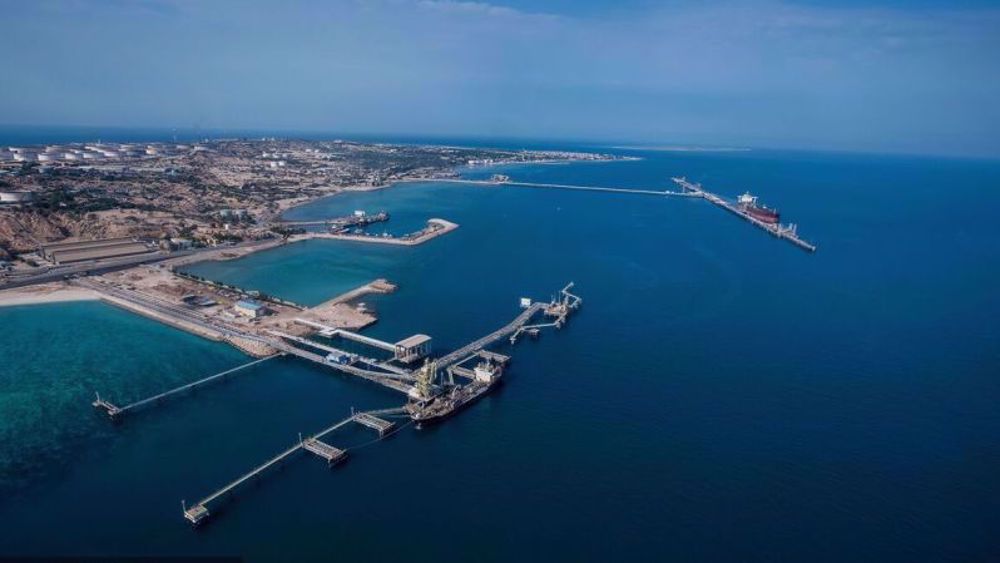OPEC agrees to extend key oil output cut deal
The Organization of the Petroleum Exporting Countries (OPEC) has agreed to extend until March 2018 an oil output cut deal that was sealed last year to help shore up prices.
The cuts would lower the collective production of producers by 1.8 million barrels per day (mb/d).
A dozen non-members led by top oil producer Russia, which reduced output in tandem with OPEC, would also join the scheme.
OPEC members Nigeria and Libya would still be excluded from cuts as their output remained curbed by unrest.
Iran would also be allowed to keep its oil production by 3.8 mb/d over the next nine months. The country has been exempted from the existing six-month oil output cut deal that would expire in June.
Iran’s Oil Minister Bijan Zanganeh told reporters on the sidelines of the OPEC meeting that Iran’s oil production would not change as it stood around the same level that the Organization announced in its meeting in Vienna today.
Saudi Energy Minister Khalid al-Falih praised what he described as OPEC’s consensus over the move.
"We do have consensus. My job has been very easy. There is great solidarity among members,” Falih said.
“I think everybody sees the benefits and everybody appreciates this collective action.”
Iraq’s Oil Minister Jabbar Ali Hussein Al-Luiebi said his country strongly supported extending the oil output cut deal.
"We fully support nine months...it will have more impact on the market..stability and the prices, it will have more benefit in 9 months and we think it is a period that will have more stability in the market," he said.
OPEC cuts have helped to push oil back above $50 a barrel this year, giving a fiscal boost to producers, many of which rely heavily on energy revenues and have had to burn through foreign-currency reserves to plug holes in their budgets, Reuters reported.
Diplomat discourages recourse to pressure, intimidation, confrontation against Iran
UN: 2024 deadliest year for aid workers amid genocide in Gaza
Gaza health official warns of hospital shutdowns within 48 hours
Israel kills 5 more paramedics in southern Lebanon: Health ministry
Iran to launch ‘new, advanced’ centrifuges in response to IAEA resolution: AEOI
Yemen fires hypersonic missile at Israeli airbase
VIDEO | New Delhi chokes under toxic smog as air quality remains at hazardous levels
VIDEO | Press TV's news headlines










 This makes it easy to access the Press TV website
This makes it easy to access the Press TV website